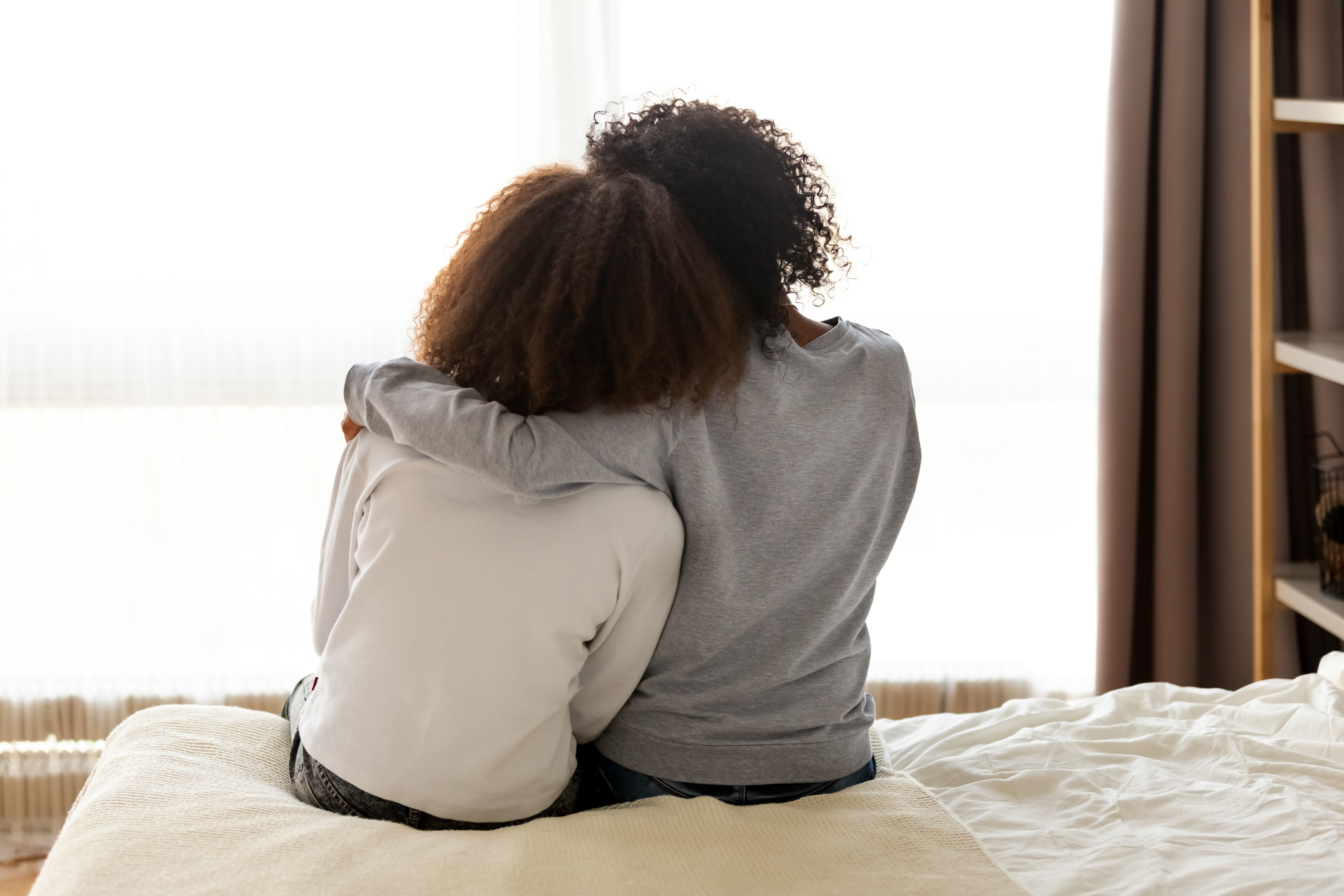Violence and conflict
Challenges posed by violence and conflict
Violence and conflict can occur in various forms and affect those affected in different ways. Physical violence manifests itself through direct attacks such as punches, pushes or other actions that cause physical injuries and endanger physical integrity. Psychological violence, on the other hand, attacks emotional stability. It manifests itself through verbal abuse, threats, manipulation or targeted control, which affect self-esteem and mental health. In addition to these personal attacks, there is also structural violence, which manifests itself through unequal power relations and dependencies. One example of this is financial control, which severely restricts the freedom of action and decision-making of those affected.
Such experiences leave not only external but also deep internal marks and make daily life difficult to bear. Violence and conflict often lead to fear, shame or a feeling of helplessness. Long-term stress can cause depression, anxiety disorders or health problems. Conflicts in the family are particularly stressful for children and impair their development.
First steps: What you can do in the event of violence and conflict
Every step that gets you out of a stressful situation is valuable - even if it's small. It is important that you get started.
Recognize danger and seek protection
- Create a safety plan: Think about where you can find protection in an emergency, e.g. with trusted people, neighbors or in an emergency shelter.
- Dial emergency number: In acutely dangerous situations, do not hesitate to contact the police (110) or other emergency numbers.
- Document: If possible, record incidents in writing or with photos - they can serve as evidence later.
Talk about the situation
- Involve trusted persons: Share your concerns with friends, family or other close people.
- Use anonymous help: Counselling centers offer the opportunity to talk about your situation and get information without pressure.
Finding support: Where can I get help?
No one should have to endure violence or stressful conflicts alone. There are numerous support services that can help you to protect yourself and find long-term solutions.
Counseling and protection services
- "Violence against women" helpline: Call 08000 116 016 for anonymous advice around the clock.
- Men's helpline: Support for men who have experienced or perpetrated violence (0800 123 9900).
- Women's refuges and shelters: Immediate refuge in the event of domestic violence.
- Child and youth support: Counseling and protection specifically for children and young people who experience violence.
Mediation and conflict counseling
- Family or couple counseling: Professional support in de-escalating conflicts.
- Mediation services: Help from neutral mediators to resolve disputes out of court.
Tip: Many counseling services are free of charge and anonymous. It is an important first step to seek advice, even if you are still unsure.
Frequently asked questions about violence and conflict
Seek help from a counseling center or call the police (emergency number 110) in acute cases. Women's refuges and shelters offer short-term accommodation for victims of domestic violence.
Stay calm and try to clarify the situation through open communication. If the conflict does not seem resolvable, mediation or conflict counseling can help to find a solution.
Yes, child and youth counseling centers offer support for affected children and young people. School social workers are also important contacts.
